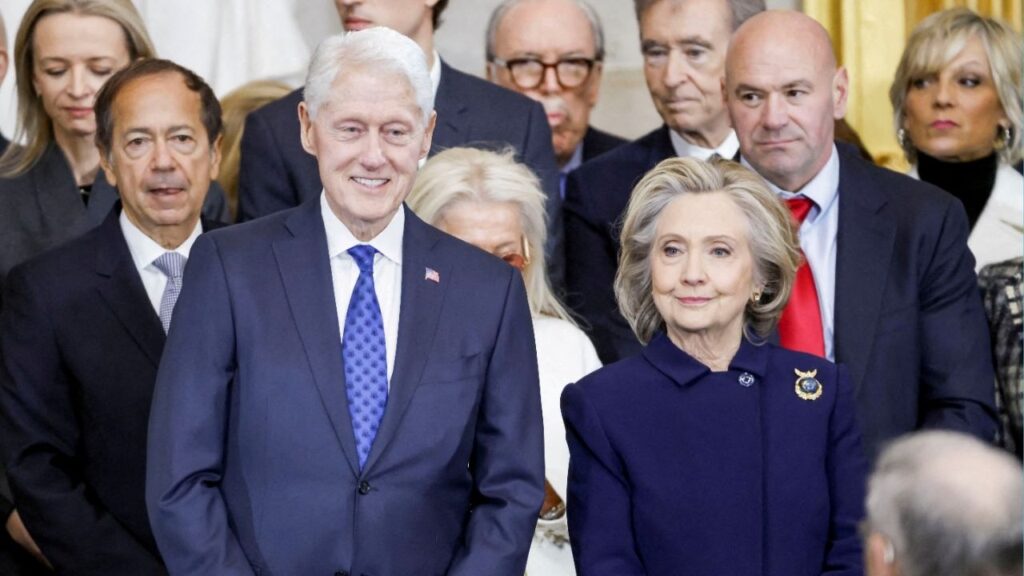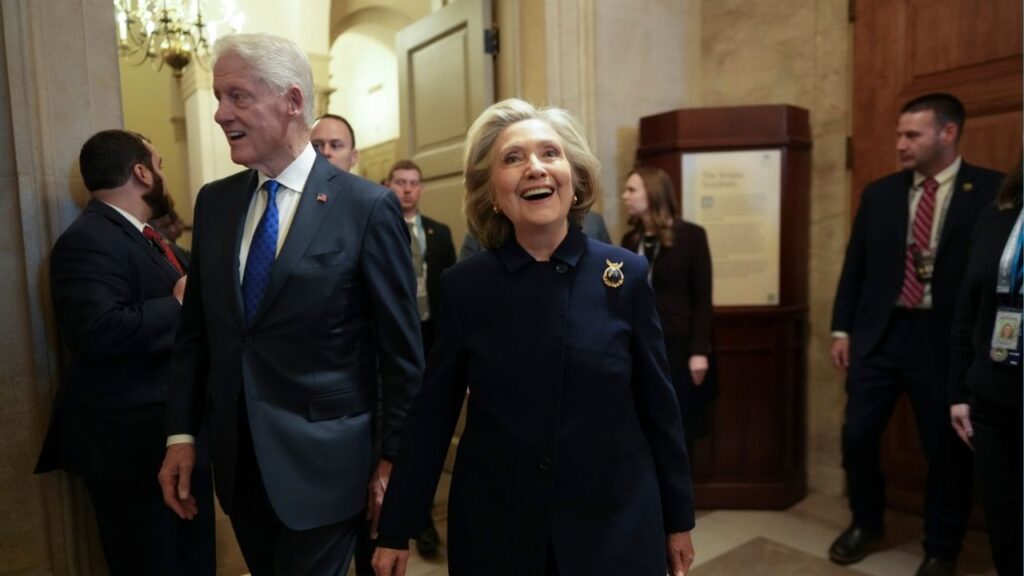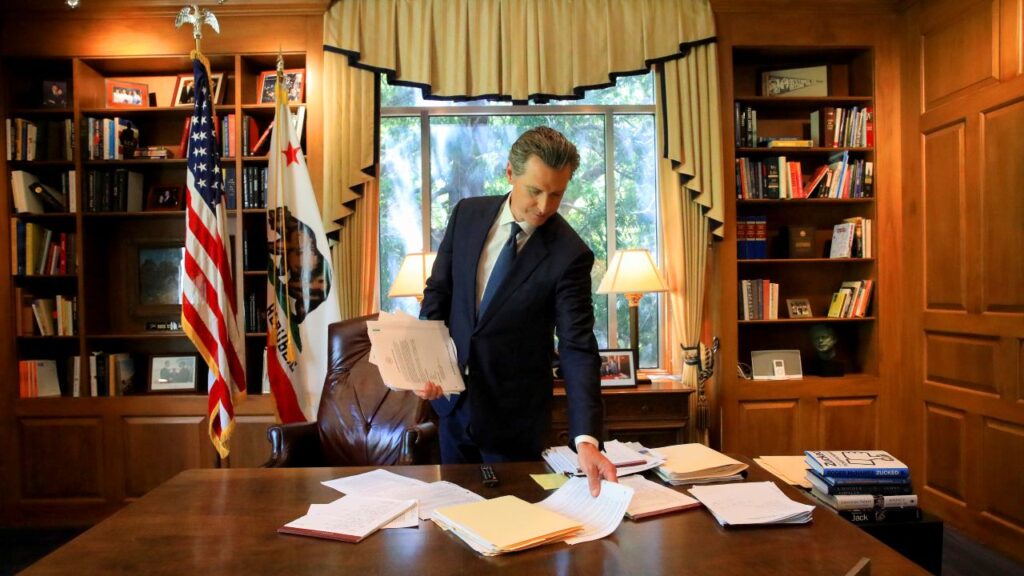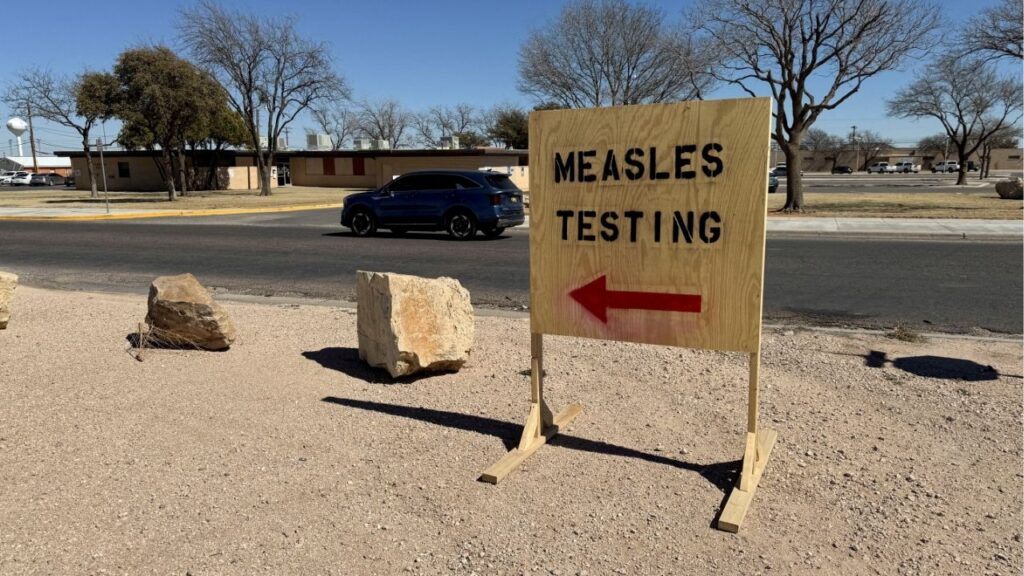NIH's abrupt policy change caps indirect research costs at 15%, sparking debate over its impact on scientific progress and legality. (Shutterstock)

- The NIH's new policy will save $4 billion annually by capping indirect research costs at 15% of grant awards, down from over 50%.
- Academic leaders warn the cuts could force lab closures and halt clinical trials, potentially slowing progress on cures for diseases.
- Critics question the legality of the move, citing existing laws governing NIH funding, while supporters praise it as promoting efficiency.
Share
|
Getting your Trinity Audio player ready...
|
The Trump administration has announced a drastic cut in biomedical research funding, slashing billions of dollars from the National Institutes of Health (NIH) budget. The move, effective immediately, targets “indirect” costs related to research, such as administrative requirements and facilities.
According to the NIH, the policy change will save more than $4 billion annually by capping the rate for indirect costs at 15% of grant awards. Previously, these costs could exceed 50% of direct research funding.
“The United States should have the best medical research in the world,” the NIH stated. “It is accordingly vital to ensure that as many funds as possible go towards direct scientific research costs rather than administrative overhead.”
‘A Surefire Way to Cripple Lifesaving Research and Innovation’
The decision has sparked outrage among academic leaders and researchers. Matt Owens, president of the Council on Government Relations, called it “a surefire way to cripple lifesaving research and innovation.”
Critics argue that the cut threatens ongoing research and could force some labs to shut down. “This abrupt change in the way grants are funded will have devastating consequences on medical science,” said Kimryn Rathmell, a cancer researcher at Vanderbilt University.
Democrats have condemned the move, with Senator Patty Murray stating, “Just because Elon Musk doesn’t understand indirect costs doesn’t mean Americans should have to pay the price with their lives.”
However, Trump allies praised the decision. The U.S. DOGE Service, led by Elon Musk, hailed it as an “amazing job by NIH team” in saving billions in “excessive grant administrative costs.”
The policy shift has raised legal questions, with some experts pointing to existing laws governing NIH funding. As universities and research organizations grapple with the immediate impact, many are considering legal action to block the new policy.
Read more at The Washington Post



















